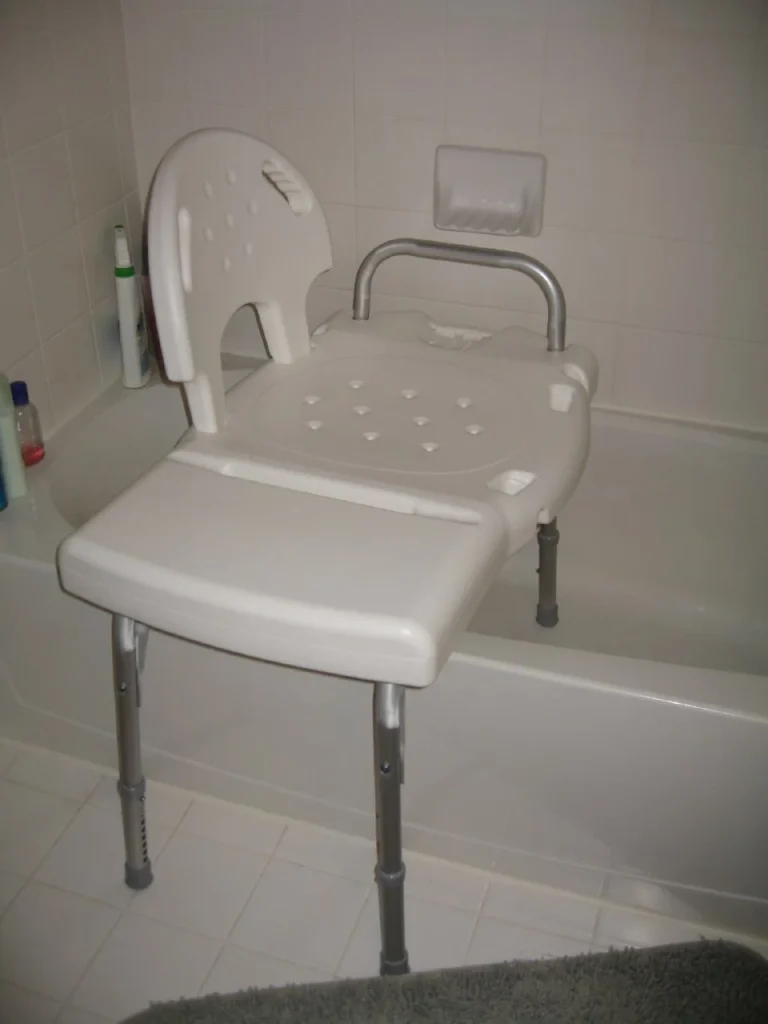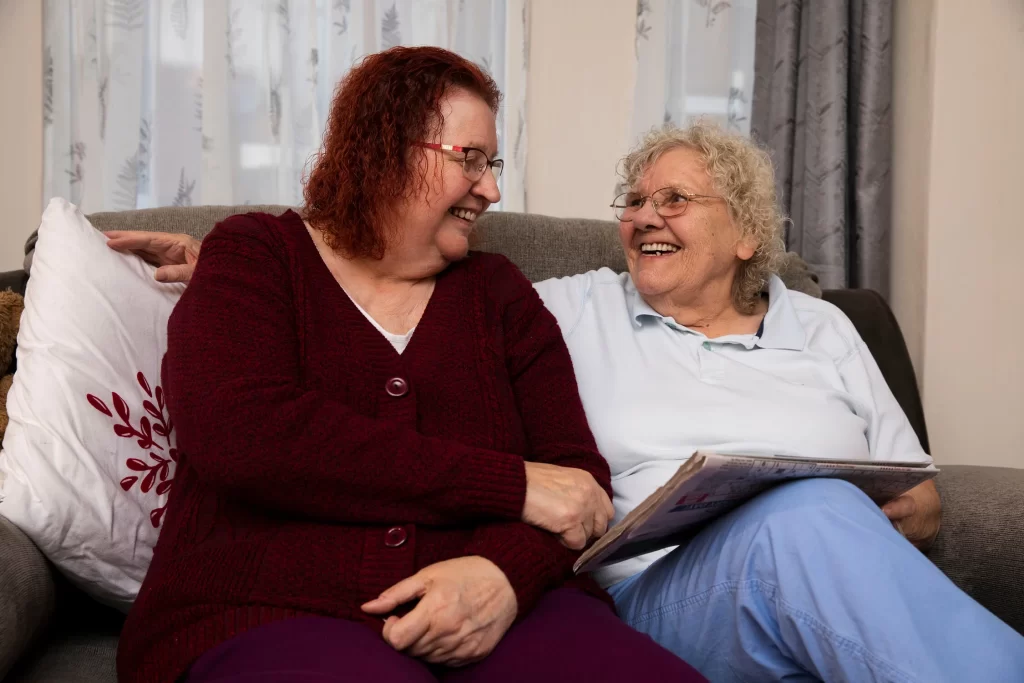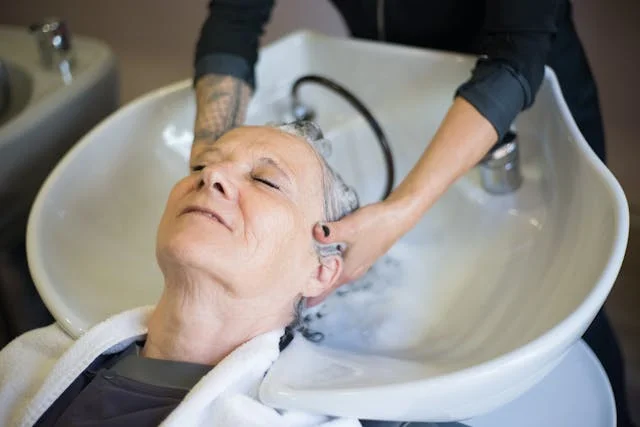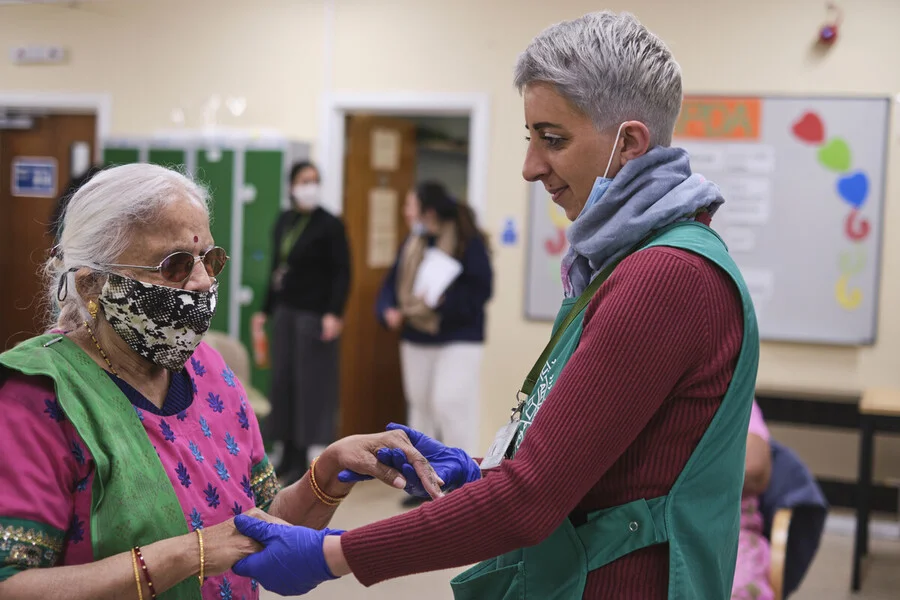5 Ways to Maintain Dignity and Privacy for Seniors During Bath Time
Bathing is a basic part of our daily lives. For many, it’s a simple routine that we don’t think much about. However, as we get older, things change. Seniors often face physical and emotional challenges that can make bathing difficult and uncomfortable. These challenges can turn a simple bath into a moment of stress and embarrassment, especially when they need help from others.
Imagine feeling nervous or exposed just because you need to bathe. It’s not just about getting clean; it’s about how you feel while doing it. Everyone deserves to feel safe, respected, and comfortable, no matter what their age. That’s why it’s important to find ways to keep the dignity and privacy of seniors intact during bath time. This isn’t just about health; it’s about respect and making sure that seniors feel good about themselves.
In this blog post, I will talk about five ways to help maintain dignity and privacy for seniors during bath time. These tips are simple but powerful. They can make a big difference in how a senior feels about this part of their routine. Whether you’re a caregiver, a family member, or a senior yourself, these tips can help make bath time a better experience for everyone involved.
1. Use Adaptive Equipment

Adaptive equipment can be a game-changer for seniors who struggle with bathing. These tools are designed to make bathing safer and more comfortable, reducing the risk of falls and other accidents. Let’s talk about some common adaptive equipment that can help.
First, there’s the shower chair. A shower chair allows seniors to sit while they bathe, which can be a huge relief for those who have trouble standing for long periods. This chair is especially helpful for those who feel unsteady or have weak legs. It gives them a safe place to sit and relax while they clean themselves. You can find shower chairs with back support, armrests, and even padding to make them more comfortable.
Next, consider using a handheld showerhead. A regular showerhead is fixed in one place, which can be limiting. A handheld showerhead, on the other hand, can be moved around, making it easier to wash all parts of the body without a lot of movement. It gives seniors more control over the water and can help them feel more independent.
Grab bars are another essential tool. These bars are installed in the shower or tub area and provide something solid to hold onto. They help seniors feel more secure and prevent slips and falls. When placing grab bars, make sure they are in spots where they can be easily reached, such as next to the shower chair or along the walls of the bathtub.
There’s also the option of a bath lift. This device helps seniors get in and out of the bathtub without having to step over the high tub edge. It gently lowers them into the water and raises them back up when they’re done. Bath lifts are particularly helpful for those who have difficulty bending or who fear losing their balance.
Finally, non-slip mats or strips can be placed on the floor of the shower or tub. These provide extra grip and reduce the risk of slipping on wet surfaces. They are simple and affordable, but they can make a big difference in safety.
By using adaptive equipment, you can create a safer, more comfortable bathing environment. This not only helps maintain dignity by allowing seniors to bathe more independently but also reduces the stress and worry that can come with bath time.
2. Maintain a Comfortable Environment

Creating a comfortable environment is key to making bath time a positive experience for seniors. The right setting can make them feel more at ease and less exposed. Here’s how you can set up a comfortable bathing space.
Start by considering the temperature of the room. A warm bathroom is much more inviting than a cold one. Before bath time, make sure the room is warm enough so that the senior doesn’t feel chilly when they undress. You can use a space heater to warm up the room if necessary, but always be careful to keep it away from water.
Next, think about the lighting. Bright lights can feel harsh and unwelcoming. Soft, warm lighting is much better. It creates a cozy atmosphere and helps seniors feel more relaxed. You can use dimmable lights or even place a small lamp in the bathroom to achieve the right mood.
Privacy is another important factor. Ensure that the bathroom door can be closed and locked if the senior feels comfortable with that. If not, use a privacy screen or curtain. This helps them feel less exposed, especially if they need assistance during bathing.
Soft, fluffy towels and robes can also add to the comfort. Have them ready and within reach so that the senior can quickly wrap up and stay warm after the bath. A plush bathrobe can provide an extra layer of warmth and comfort.
You can also consider playing some soothing music. Soft background music can help create a calming environment and make the experience more enjoyable. Choose gentle, instrumental tunes that won’t be too distracting.
A comfortable environment helps reduce anxiety and makes bath time something to look forward to rather than dread. It’s about paying attention to the details that make the bathroom feel safe and welcoming.
3. Respect Personal Boundaries

Respecting personal boundaries is crucial when assisting seniors with bathing. Bath time is an intimate activity, and it can feel uncomfortable to have someone else involved, especially if it’s not their choice. Here’s how you can respect these boundaries while still providing the necessary help.
First, always ask for permission before you start helping. Even if you’ve assisted with bathing many times before, it’s important to check in each time. A simple, “Is it okay if I help you with your bath today?” shows respect and gives the senior control over the situation.
It’s also important to explain each step of the process. Let the senior know what you’re going to do before you do it. For example, you might say, “I’m going to help you with your back now, if that’s okay.” This helps them feel prepared and less surprised by your actions.
Always give the senior a chance to do as much as they can on their own. Encourage them to wash the parts of their body that they are able to reach. This not only promotes independence but also reduces the feeling of being overly handled.
When you do need to assist, try to be as gentle and respectful as possible. Use a soft touch and avoid any sudden or rough movements. If the senior seems uncomfortable, take a step back and ask if they need a break or if there’s a different way you can help.
Maintaining eye contact and using kind, reassuring words can also help. Tell them what a good job they’re doing or how proud you are of their efforts. Positive reinforcement can make a big difference in how they feel about the experience.
Respecting personal boundaries is about being mindful and compassionate. It’s about putting yourself in their shoes and treating them with the care and respect they deserve.
4. Use Protective Coverings

Using protective coverings can help maintain privacy and dignity during bath time. These coverings provide a sense of modesty and can make the senior feel less exposed. Here are some practical ways to use protective coverings.
One option is a bathing cape or poncho. These are specially designed garments that cover the body while still allowing for easy washing. They often have openings or flaps that can be lifted to wash different parts of the body without removing the entire covering. This way, the senior can stay covered and comfortable throughout the bath.
Another idea is to use a large towel or sheet. You can drape it over the senior’s lap or shoulders while they are sitting in the shower or tub. This provides coverage and helps them feel more secure. When washing specific areas, you can lift or adjust the towel as needed, keeping the rest of the body covered.
You can also use washcloths strategically. Place a small, dry washcloth over sensitive areas while washing other parts of the body. This can help maintain a sense of modesty and make the senior feel more comfortable.
When helping with a shower, consider using a privacy wrap. This is a wraparound towel or cloth that covers the body but allows easy access for washing. It’s especially useful when transitioning in and out of the shower, as it provides coverage during those vulnerable moments.
Protective coverings are simple but effective tools. They help preserve the senior’s dignity by keeping them covered and reducing feelings of exposure. It’s a small step that can make a big difference in how they feel during bath time.
5. Be Patient and Listen

Patience and active listening are key to a respectful and positive bathing experience for seniors. Bath time can be stressful, and showing patience and understanding can help ease their anxiety. Here’s how you can practice patience and listen effectively.
First, remember to take your time. Don’t rush through the process. Give the senior plenty of time to undress, get comfortable, and adjust to each step of the bath. Rushing can increase stress and make the senior feel pressured. A slow, gentle approach helps them feel more at ease.
Listen to their concerns and preferences. If they express discomfort or hesitation, pay attention and try to understand what they need. Maybe the water is too hot or cold, or perhaps they prefer a different method of washing. Whatever it is, show that you’re listening and willing to make adjustments.
Encourage them to communicate their needs. Sometimes, seniors might be hesitant to speak up because they don’t want to be a bother. Let them know that their comfort is your priority and that you’re there to help in any way they need. Ask open-ended questions like, “Is there anything I can do to make this easier for you?”
Be mindful of their body language. Sometimes, seniors might not verbally express their discomfort, but their body language can tell you a lot. If they seem tense or uneasy, pause and ask if everything is okay. Being observant and responsive can help you address issues before they become bigger problems.
Finally, offer reassurance and encouragement. Let them know that they’re doing well and that it’s okay to take things at their own pace. Positive words and a calm demeanor can go a long way in making bath time a more pleasant experience.
Patience and listening are about creating a supportive environment where seniors feel valued and respected. It’s about making sure they know that their feelings and preferences matter.
What Does the Research Say?
Research has shown that maintaining dignity and privacy for seniors during bathing is crucial for their overall well-being. Studies highlight that when seniors feel respected and comfortable during bath time, it can improve their mental health and reduce anxiety.
For instance, a study published in the Journal of Advanced Nursing found that seniors who had control over their bathing process reported higher levels of satisfaction and well-being. They felt more dignified and less embarrassed when their personal preferences were honored.
Another study from the International Journal of Older People Nursing emphasized the importance of personalized care. It showed that seniors who received care tailored to their needs and preferences experienced less stress and were more likely to view bath time as a positive experience. This research supports the idea that small adjustments, like using adaptive equipment or respecting personal boundaries, can have a significant impact on a senior’s quality of life.
Furthermore, the Gerontological Society of America published findings that linked respectful and dignified care with better emotional and psychological outcomes in seniors. When caregivers take the time to listen and provide a comfortable environment, seniors feel more valued and respected, which boosts their overall happiness and health.
These studies underline the importance of maintaining dignity and privacy for seniors during bathing. They confirm that with the right approach, bath time can be a moment of care and comfort, rather than a source of stress and embarrassment.
Conclusion
Bath time for seniors doesn’t have to be a moment of discomfort or embarrassment. With the right approach, it can be a peaceful and dignified experience. By using adaptive equipment, creating a comfortable environment, respecting personal boundaries, using protective coverings, and practicing patience and listening, you can make a big difference.
These steps are not just about physical care; they’re about emotional well-being too. Seniors deserve to feel respected and valued, especially during such personal activities. As a caregiver or family member, your role is crucial in making this happen.
Remember, it’s the little things that often make the biggest difference. A warm towel, a kind word, or a few extra minutes of your time can transform bath time into a moment of respect and care.
So next time you’re helping a senior with their bath, keep these tips in mind. You have the power to make bath time a positive and dignified experience, one that honors their privacy and boosts their sense of self. It’s all about showing respect and compassion, and that’s something we can all do.

